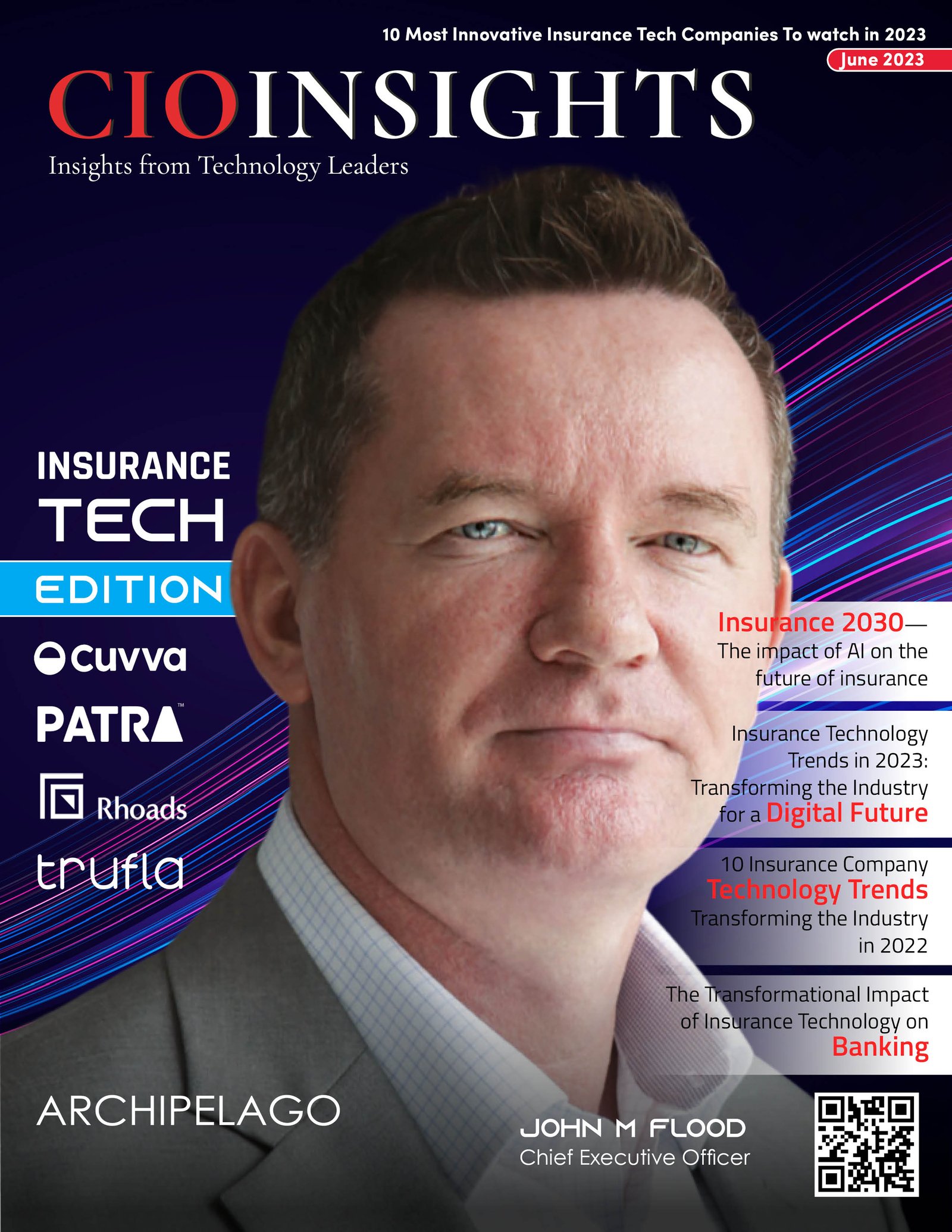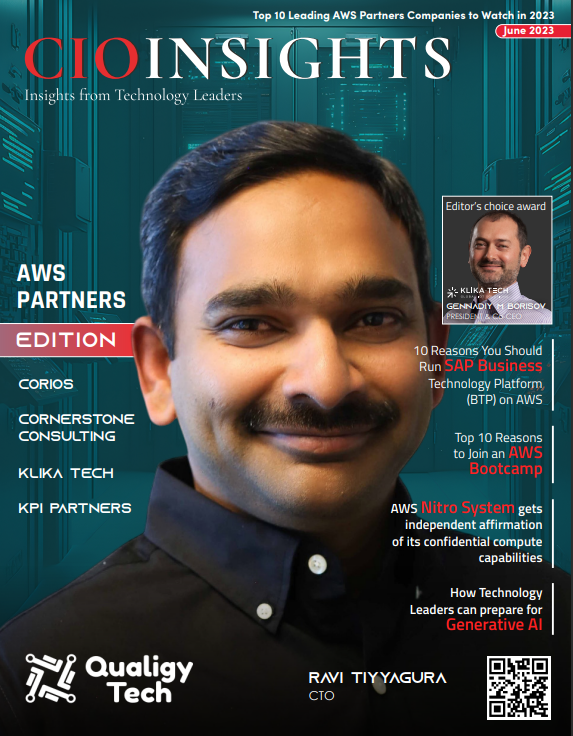The Oracle Playbook

Yesterday Oracle announced earnings, and as CEO Safra Catz noted, it’s our cloud offerings that are behind our continued financial success. Safra referred to it as the “Oracle Playbook,” which is how we approach operational excellence and use our own offerings at Oracle to do more with less. We started this over 20 years ago, and we continue to keep it up, which has resulted in Oracle achieving one of the highest margins in the software business while increasing our investments for growth at the same time. In addition to helping us accelerate our speed to market and reduce cost, our playbook has been extremely beneficial in enabling us to integrate acquired companies much faster and more efficiently than just about anyone else.
Safra also discussed that, despite Artificial Intelligence (“AI”) dominating the recent news cycle, enterprises have been using Oracle AI as an integral part of their businesses for some time. Oracle AI, which is embedded in the applications our customers use across their operations, enables enterprises to close their financial books in days, not weeks. Oracle AI accelerates hiring. Oracle AI provides more relevant sales leads. Oracle AI increases infrastructure performance and security with no human intervention. And customers using Oracle Cloud Infrastructure (“OCI”) get AI as a service to help drive their own business transformations. That’s real enterprise AI, it’s what customers are looking for, it’s designed into everything we do, and that’s what customers get when they use our platform.
Leveraging the automation and embedded intelligence that Oracle Fusion Cloud Applications delivers alongside the AI services that OCI delivers, Oracle’s business operations continue to become more efficient, and our employees are becoming more and more productive. As a result, we are spending less time and resources on things that don’t add much value, and more time and resources on what matters most – our customers. Here are a couple examples of this at work inside Oracle:
Security:
- On a 24x7 basis, our applications are automatically analyzed by the Oracle AI built into our SaaS applications infrastructure to detect threats and abuse. The analysis is across trillions of log entries – and growing – and it’s holistic, including usage, connections, activities, and so on. This model is much more effective and much faster at identifying security risks, and it enables us to resolve issues quickly.
- Oracle’s Autonomous Database leverages Oracle AI to self-drive, self-secure, and self-repair. At Oracle, we’re benefiting from this intelligent automation, as the Autonomous Database automatically provisions highly available databases, configures and tunes for specific workloads, and scales compute resources when needed. It also protects our sensitive and regulated data automatically, patches our database for security vulnerabilities, and prevents unauthorized access. Plus, it automatically detects and protects against system failures and user errors and provides failover capabilities with zero data loss.
Employee Productivity:
- This past quarter, we knocked another day off our quarterly reporting process – we close our books and file our financial statements in fewer than ten days, faster than all other companies in the S&P 500. The intelligent automation and operational efficiencies built into our Fusion Cloud Applications is what continues to speed our close and enable us to eliminate manual intervention. 97% of our hundreds of thousands of banking transactions per quarter are automatically reconciled as our Fusion ERP system identifies, deciphers, and auto-matches the transactions passing through our bank accounts. So, while other companies continue to spend their time looking back and manually reconciling, matching, and creating reports, our team is looking forward and helping us steer our business.
- As part of our ongoing transformation efforts, we continue to look for other ways we can improve employee productivity. Among the ways we have reduced the time employees spend on administrative tasks is the use of Oracle AI in our Fusion Cloud Applications to enable employees to submit their expense reimbursement requests very quickly. Less time spent on administrative tasks like this means more time innovating and focusing on our customers. Other ways we’re using Oracle AI internally include assisting employees with inquiries or issues that come up in their day-to-day work and accelerating the time to complete repetitive tasks, like the entry of invoices into our Fusion Cloud Applications so we can more efficiently pay our suppliers.
Customer Experience:
- We are also using these technologies to improve the customer experience. For example, rather than have our back-office teams manually review contracts and process business documents before we can provision customer purchased services, we’re shifting to use Oracle AI to automate order processing. Not only will customers be able to get started and begin realizing value right away, but we can also refocus our teams’ time on higher value activities. As another example, we leverage Oracle AI to help us in our supply chain planning, identifying spare parts at risk of short supply and forecasting the materials our customers are likely to need. With this intelligence and automation, we’re able to ensure our customers get their orders on time while also reducing the amount of inventory we need to maintain on a day-to-day basis through the supply chain.
We are constantly talking with customers about leveraging Oracle technologies to accelerate their speed to market and reduce costs, all while improving the experience they deliver to their customers. The combination of Oracle’s infrastructure and apps – which is unique in the cloud market – increases the impact of business transformation. We have become the enterprise technology vendor of choice because we have a proven playbook to help our customers drive cost efficiencies and modernize their businesses. Let us know how we can put the Oracle Playbook to work to help your business.





